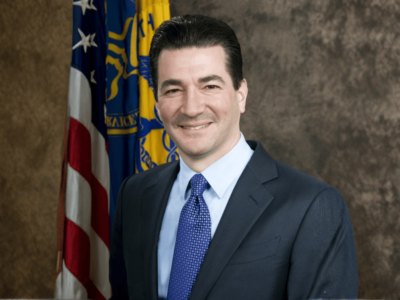The U.S. House of Representatives unanimously passed the Mikaela Naylon Give Kids A Chance Act, a bill to accelerate pediatric cancer treatments and expand access to life-saving therapies for children battling rare diseases.
Scott Gottlieb, a former FDA commissioner, said a recent decision by the Centers for Disease Control and Prevention Advisory Committee on Immunization Practices’ to change its recommendation for when children should receive the hepatitis B vaccine is another sign of the ACIP’s diminished credibility as a scientific authority.
In a Dec. 5 memo, President Donald Trump directed the HHS secretary and the CDC director to “align the U.S. core childhood vaccine recommendations with best practices from peer, developed countries.”
HHS has issued its AI strategy—“the first step” in making a “whole-of-department transformation” towards the use of artificial intelligence in public health, health care delivery, biomedical research, human services, and agency operations.
Medicare will soon launch a pilot program that will test the use of AI to automate the prior authorization process—a tool that will recommend whether to approve or deny coverage for a patient in the program.
Renuka Iyer was appointed chief medical officer for the National Comprehensive Cancer Network—an alliance of leading cancer centers that publishes free evidence-based, expert consensus-driven guidelines for cancer prevention and care.
Wafik S. El-Deiry was re-elected as the chair of the WIN Consortium in Precision Oncology.
The American Association for Cancer Research’s Project GENIE (Genomics Evidence Neoplasia Information Exchange), the world’s largest publicly accessible cancer registry of real-world clinico-genomic data, was selected as a winner of the 2025 Amazon Web Services Imagine Grant.
Robin Toft was appointed CEO of Curebound, a philanthropic organization that fundraises for and invests in cancer research, effective Jan. 1.
Curebound has announced eight grants for a total of $2 million in funding. The funding is made available through two new Curebound programs: Catalyst Grants, which support projects within early-stage life science companies that are seeking to take innovative discoveries to commercially approved products, and Equity Grants, which focus on overcoming disparities in cancer research and treatment in underserved populations.











